Ok, I was reading through this entry in the FQA dealing about the issue of converting a Derived** to a Base** and why it is forbidden, and I got that the problem is that you could assign to a Base* something which is not a Derived*, so we forbid that.
So far, so good.
But, if we apply that principle in depth, why aren't we forbidding such example?
void nasty_function(Base *b)
{
*b = Base(3); // Ouch!
}
int main(int argc, char **argv)
{
Derived *d = new Derived;
nasty_function(d); // Ooops, now *d points to a Base. What would happen now?
}
I agree that nasty_function does something idiotic, so we could say that letting that kind of conversion is fine because we enable interesting designs, but we could say that also for the double-indirection: you got a Base **, but you shouldn't assign anything to its deference because you really don't know where that Base ** comes, just like the Base *.
So, the question: what's special about that extra-level-of-indirection? Maybe the point is that, with just one level of indirection, we could play with virtual operator= to avoid that, while the same machinery isn't available on plain pointers?


